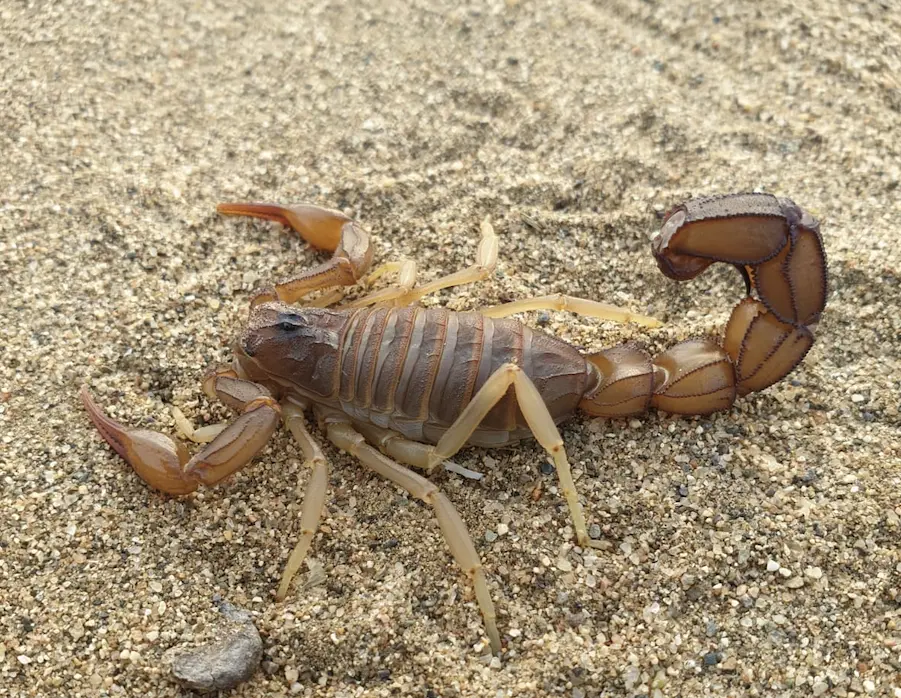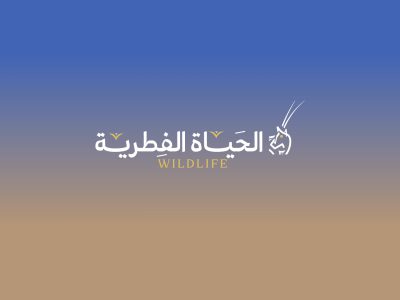Dr. Ahmed Badri, Invertebrate Ecologist,National Center for Wildlife
In 2023, the National Center for Wildlife (NCW) made a groundbreaking contribution to the field of arachnology by documenting 12 species of scorpions across Saudi Arabia. Among these, four species were recorded for the first time globally, marking a significant milestone for both Saudi Arabia and global biodiversity.
One of the most notable discoveries was the Hadb Scorpion (Leiurus hadb), which was highlighted in the renowned international journal Zookeys on September 7, 2023. This new species, named in honor of the Majaama Al-Hadaab Protected Area in southern Riyadh where it was found, is the 35th scorpion species identified in Saudi Arabia. This finding adds to the global inventory of over 2,000 known scorpion species and expands the known diversity of the genus Leiurus.
A New Addition to Global Arachnology
Belonging to the Buthidae family, the Hadb scorpion was discovered by a dedicated NCW research team. Morphological and genetic analyses confirmed that this species is distinct from other members of the Leiurus genus found in Saudi Arabia. This new addition brings the total number of scorpion genera to 22 worldwide and marks the fifth species of the Leiurus genus documented in Saudi Arabia. The discovery has been officially recorded in international databases like Zoobank and Genbank, further enriching global knowledge of scorpion biodiversity.
Ongoing research is focused on assessing the distribution and conservation status of the newly discovered species, with the aim of ensuring its protection under International Union for Conservation of Nature (IUCN) standards.
Conservation Efforts for Endemic Scorpions
Among the 12 species recorded in 2023, all are endemic to Saudi Arabia, making their conservation a priority. Unfortunately, nine of these species lack sufficient data, rendering them vulnerable to ecological threats. This gap in knowledge highlights the urgent need for robust conservation measures to safeguard these unique species and their habitats.
To address this issue, the NCW is developing a comprehensive national database of scorpion fauna. This tool will be invaluable for researchers and conservationists, providing critical information for informed decision-making on species protection and management.

The Importance of Conservation Strategies
Conservation strategies for scorpions must be informed by a thorough understanding of their geographic distribution and habitat needs. This will enable the implementation of both on-site and off-site conservation techniques, tailored to each species. Regular assessments and public education about the ecological importance of scorpions are also vital. Scorpions play an essential role in maintaining ecological balance, and their loss could have far-reaching consequences for Saudi Arabia’s ecosystems.




